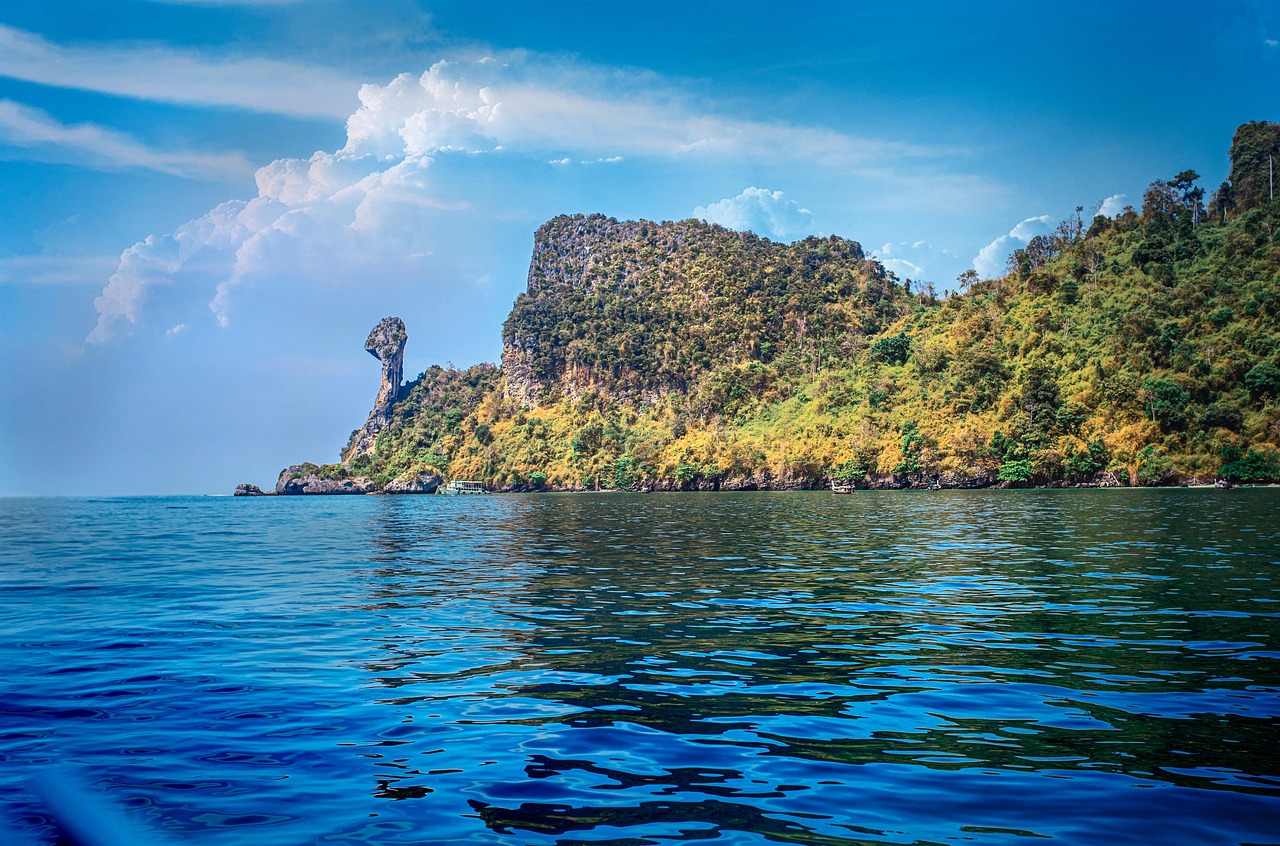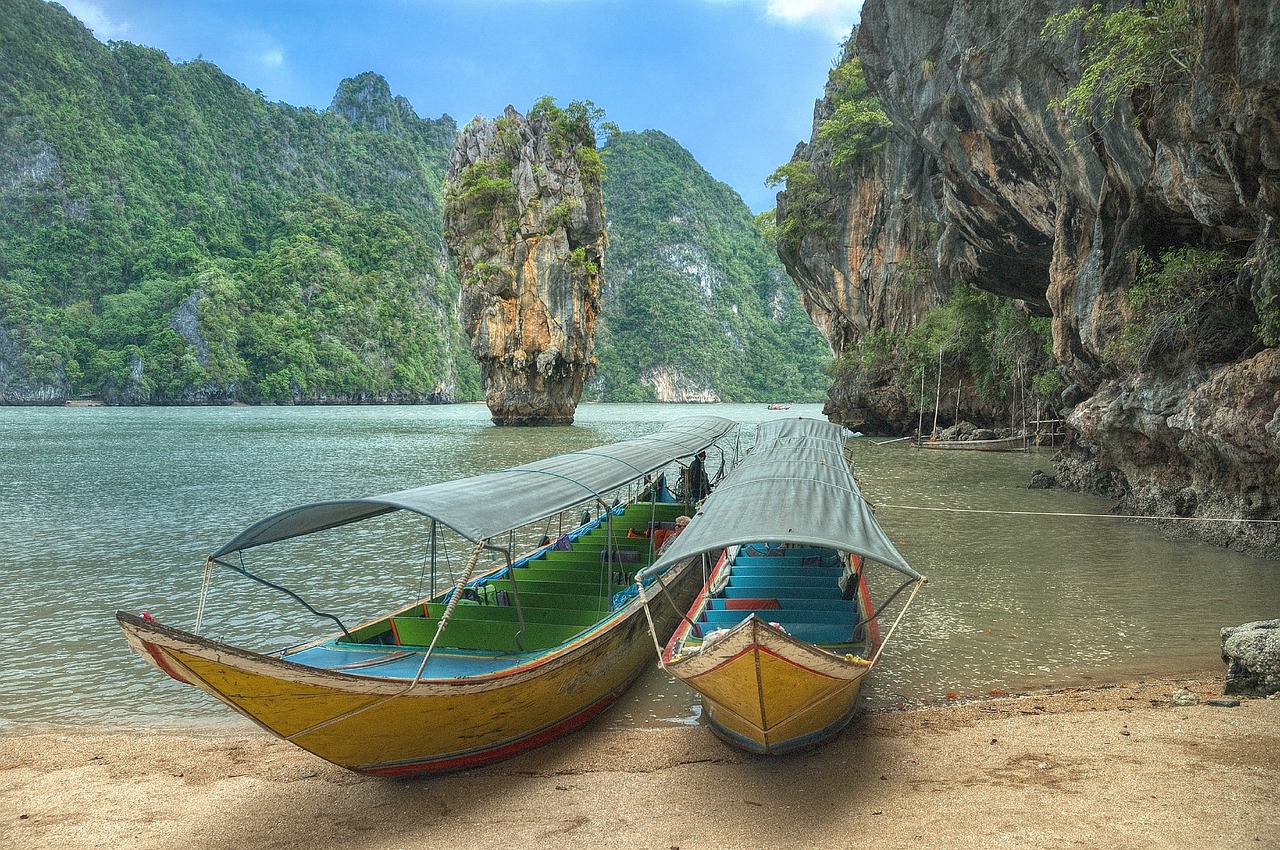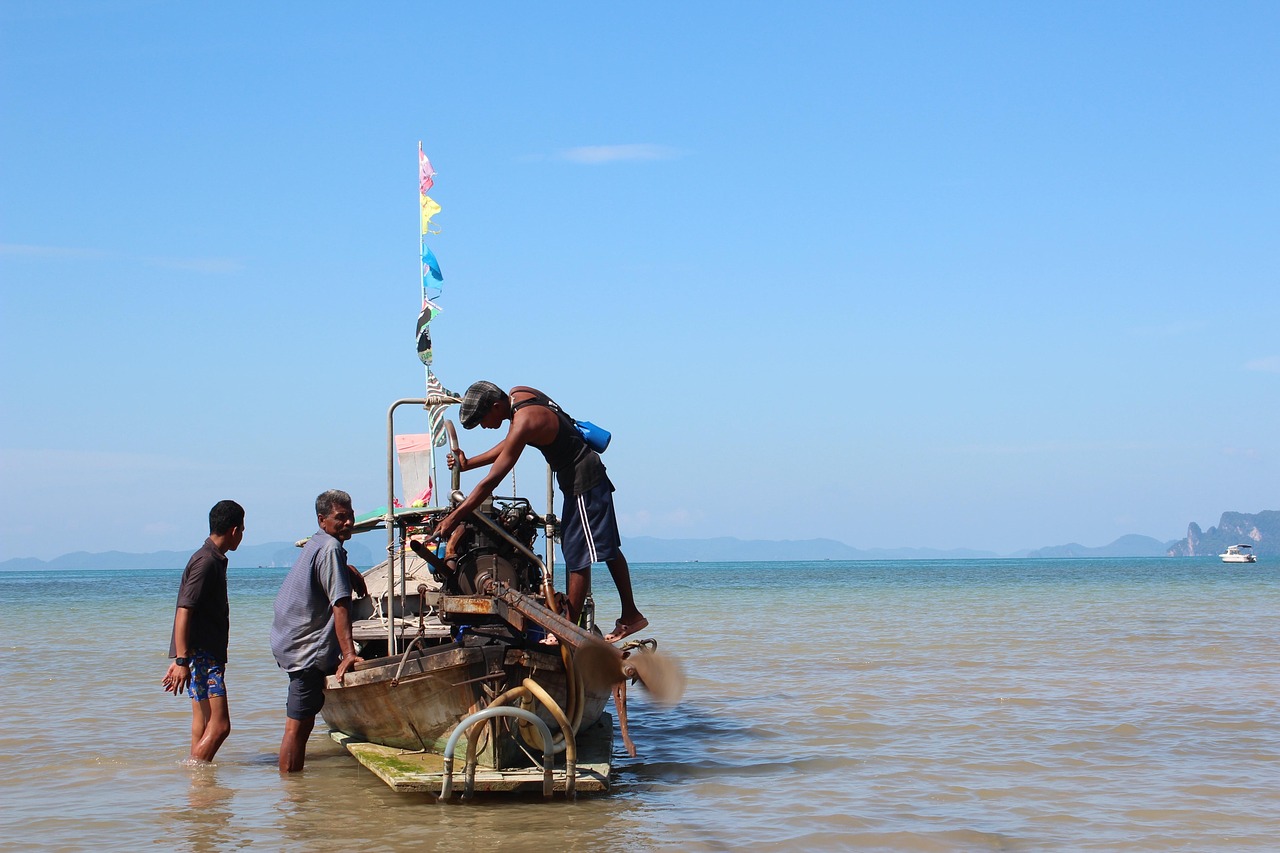Thailand, the land of smiles, offers more than just pristine beaches and vibrant cityscapes. It’s a haven for eco-conscious travelers seeking authentic experiences that minimize their impact on the environment while supporting local communities. From ethical elephant encounters to sustainable jungle treks, Thailand’s commitment to responsible tourism is blossoming, providing ample opportunities to explore its natural beauty with a clear conscience. Dive into a world of conscious travel and discover the beauty of Thailand through an eco-friendly lens.
Embracing Sustainable Accommodation in Thailand
Eco-Lodges and Resorts
Finding a place to stay that aligns with your eco-values is crucial for sustainable travel. Luckily, Thailand boasts a growing selection of eco-lodges and resorts committed to minimizing their environmental footprint. These accommodations often feature:
- Locally sourced materials in construction.
- Renewable energy sources like solar power.
- Water conservation systems.
- Organic gardens and farm-to-table dining.
- Waste reduction and recycling programs.
- Example: Consider staying at the Sukantara Cascade Resort in Chiang Mai. This resort employs local staff, utilizes sustainable building materials, and actively participates in community development programs. They are a leader in responsible tourism within the region.
Homestays and Community-Based Tourism
Immerse yourself in local culture while supporting communities directly by opting for homestays or participating in community-based tourism initiatives.
- Stay with a local family and experience their daily life.
- Learn traditional skills like cooking, weaving, or farming.
- Contribute directly to the local economy.
- Often offers a more authentic and enriching experience.
- Example: Explore the Karen villages in northern Thailand through community-based tourism programs. These programs provide income to local families, preserve their traditions, and offer travelers an unforgettable cultural exchange.
Ethical Wildlife Encounters
Responsible Elephant Sanctuaries
Elephant tourism is a significant part of Thailand’s appeal, but it’s essential to choose ethical sanctuaries that prioritize the well-being of these magnificent creatures. Avoid riding elephants and instead opt for sanctuaries that:
- Rescue and rehabilitate elephants from abusive situations.
- Provide elephants with a natural environment to roam freely.
- Focus on observation and education rather than entertainment.
- Offer opportunities to help with feeding and bathing elephants in a safe and respectful manner.
- Example: Visit Elephant Nature Park in Chiang Mai, a renowned sanctuary dedicated to rescuing and rehabilitating elephants. You can volunteer your time to help care for the animals and learn about their history and needs. This is a true elephant experience where you can help the elephants to thrive.
Avoiding Wildlife Exploitation
Beyond elephants, be mindful of other forms of wildlife exploitation.
- Say no to taking photos with captive animals.
- Avoid visiting tiger temples or other attractions that profit from animal suffering.
- Choose tours that respect wildlife and their habitats.
- Report any instances of animal cruelty to the authorities.
Eco-Friendly Transportation
Public Transportation and Cycling
Getting around Thailand sustainably involves choosing transportation options that minimize your carbon footprint.
- Utilize Thailand’s extensive train network for long-distance travel.
- Take local buses or songthaews (red trucks) within cities.
- Rent a bicycle to explore local areas at your own pace.
- Example: Take an overnight train from Bangkok to Chiang Mai. Enjoy the scenic views and avoid flying, reducing your carbon emissions significantly.
Minimizing Air Travel
Air travel is a major contributor to carbon emissions. Consider these strategies:
- Opt for direct flights whenever possible.
- Spend longer periods in each destination to reduce the frequency of flights.
- Offset your carbon emissions by donating to environmental organizations.
Sustainable Activities and Tours
Eco-Trekking and Hiking
Explore Thailand’s stunning natural landscapes responsibly by choosing eco-friendly trekking and hiking tours.
- Select tours that employ local guides and support local communities.
- Stay on marked trails to avoid damaging fragile ecosystems.
- Pack out all your trash and minimize your impact on the environment.
- Support tour operators committed to sustainable practices.
- Example: Explore the Khao Sok National Park with a guided trek. Many local tour operators prioritize sustainable practices, such as waste management and supporting local businesses.
Diving and Snorkeling Responsibly
Thailand’s underwater world is a treasure to behold. Protect its beauty by:
- Choosing dive operators committed to responsible practices.
- Avoiding touching coral or disturbing marine life.
- Using reef-safe sunscreen.
- Participating in reef cleanup initiatives.
- Example: Scuba Junkie SEAS offers eco-conscious diving and snorkeling trips in Koh Tao. They are committed to protecting the marine environment through conservation projects and education.
Reducing Your Environmental Impact
Minimizing Waste
Thailand, like many places, struggles with waste management. Help reduce waste by:
- Bringing your own reusable water bottle, shopping bags, and containers.
- Refusing single-use plastics whenever possible.
- Supporting businesses that prioritize sustainability.
- Properly disposing of waste and participating in recycling programs when available.
Supporting Local Communities
A key component of eco-travel is supporting local communities and economies.
- Buy local products and souvenirs.
- Eat at locally owned restaurants.
- Learn a few basic Thai phrases to communicate with locals.
- Respect local customs and traditions.
- Example:* Instead of buying mass-produced souvenirs, purchase handmade crafts from local artisans at markets. This directly supports their livelihoods and preserves traditional skills.
Conclusion
Thailand’s captivating beauty can be experienced responsibly. By embracing sustainable accommodation, choosing ethical wildlife encounters, utilizing eco-friendly transportation, engaging in sustainable activities, and reducing your environmental impact, you can contribute to the preservation of this incredible destination for generations to come. Eco-travel in Thailand offers a rewarding journey that benefits both the traveler and the environment. Pack your bags, make conscious choices, and prepare to discover the true essence of Thailand in a sustainable and meaningful way.




